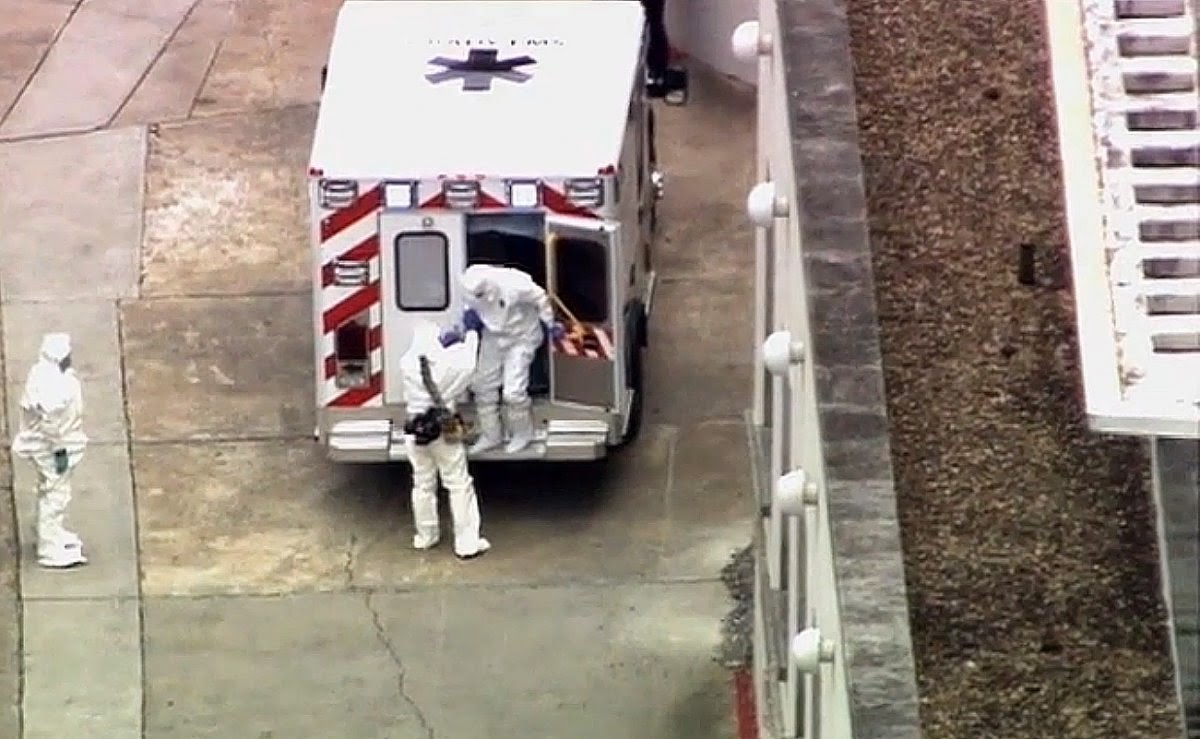Experimental Ebola Serum used to treat American citizens
Dr Kent Bradley and missionary Nancy Writebol, the two American
citizens that contracted the deadly Ebola virus in Liberia has been cured by
what news reports call a secret serum. Reports show that 90% of the Ebola virus
victims die while 10% survive but in the case of these two American citizens,
the serum may have saved their lives.
 According to CNN’s post on “Experimental drug likely saved Ebola
patients” by Dr Sanjay Gupta and Danielle Dellorto, the report said: “Brantly
is back on his feet -- literally -- after receiving a last-ditch, highly
experimental drug. Brantly's and Nancy
Writebol's conditions significantly improved after receiving the medication.”
According to CNN’s post on “Experimental drug likely saved Ebola
patients” by Dr Sanjay Gupta and Danielle Dellorto, the report said: “Brantly
is back on his feet -- literally -- after receiving a last-ditch, highly
experimental drug. Brantly's and Nancy
Writebol's conditions significantly improved after receiving the medication.”
“Brantly's and Nancy Writebol's conditions significantly
improved after receiving the medication, sources say. Brantly was able to walk
into Emory University Hospital in Atlanta after being evacuated to the United
States last week, and Writebol is expected to arrive in Atlanta on Tuesday.”
“It's believed Brantly and Writebol, who worked with the aid
organization Samaritan's Purse, contracted Ebola from another health care
worker at their hospital in Liberia, although the official Centers for Disease
Control and Prevention case investigation has yet to be released.”
“The experimental drug, known as ZMapp, was developed by the
biotech firm Mapp Biopharmaceutical Inc., which is based in San Diego. The
patients were told that the treatment had never been tried before in a human
being but had shown promise in small experiments with monkeys.”
According to Wikipedia, “ZMapp is an experimental mixture of
three humanized monoclonal antibodies for immunological protection against the Ebola
virus, and manufactured in the Nicotiana plant. On 4 August 2014 the drug was
first tested on humans. It was administered to two Americans who had been
infected with Ebola. Both people appeared to have had positive results “
Dr Sanjay Gupta also reported that “ZMapp has not been
approved for human use and has not even gone through the clinical trial
process, which is standard to prove the safety and efficacy of a medication. It
may have been given under the U.S. Food and Drug Administration's
"compassionate use" regulation, which allows access to
investigational drugs outside clinical trials.”




Comments
Post a Comment